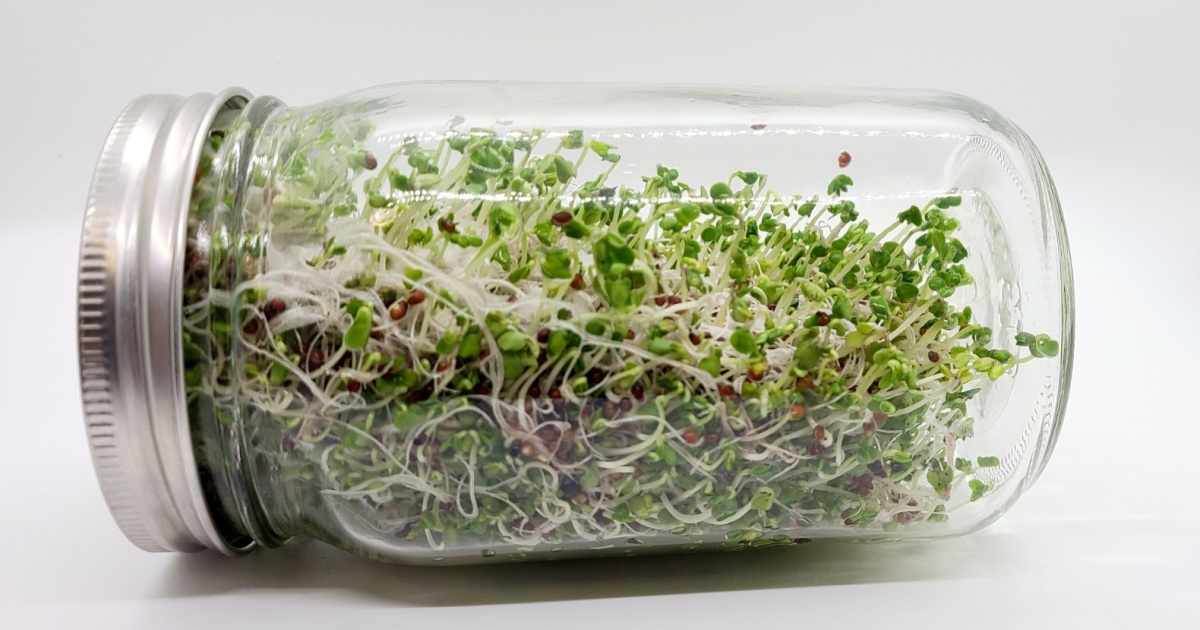Aging brings visible changes, but some shifts, like scent, often go unexplained. The term “old people smell” may sound unkind, but it’s rooted in science. This natural body odor develops in many older adults due to chemical changes in the skin. One surprising remedy? A superfood you can sprinkle on your salad. In this slideshow, we’ll unpack the biological cause of old people smell, explore where it comes from, and reveal how broccoli sprouts may help. Along the way, you’ll find practical, age-positive tips to help you stay fresh, healthy, and confident.
What Is “Old People Smell,” Really?
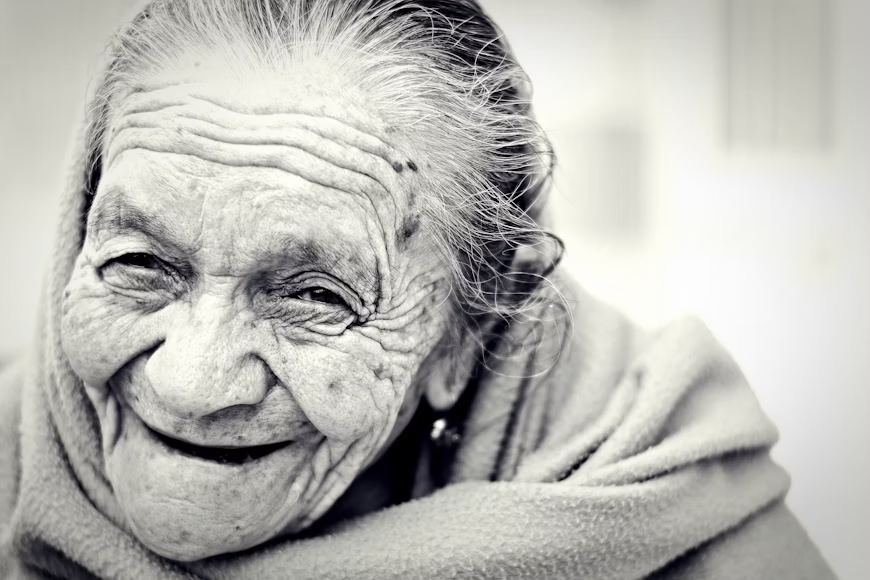
Old people smell refers to a distinct scent linked to the compound 2-nonenal, which forms on aging skin. This chemical results from the oxidation of skin oils, especially omega-7 fatty acids. The smell is often described as grassy, oily, or musty and tends to linger on clothes and skin. It’s not caused by poor hygiene but by changes that come with age. As we grow older, our skin naturally produces more of this compound. Understanding this process helps reduce stigma and encourages better personal care strategies that focus on the root cause.
Why Does It Start as We Age?
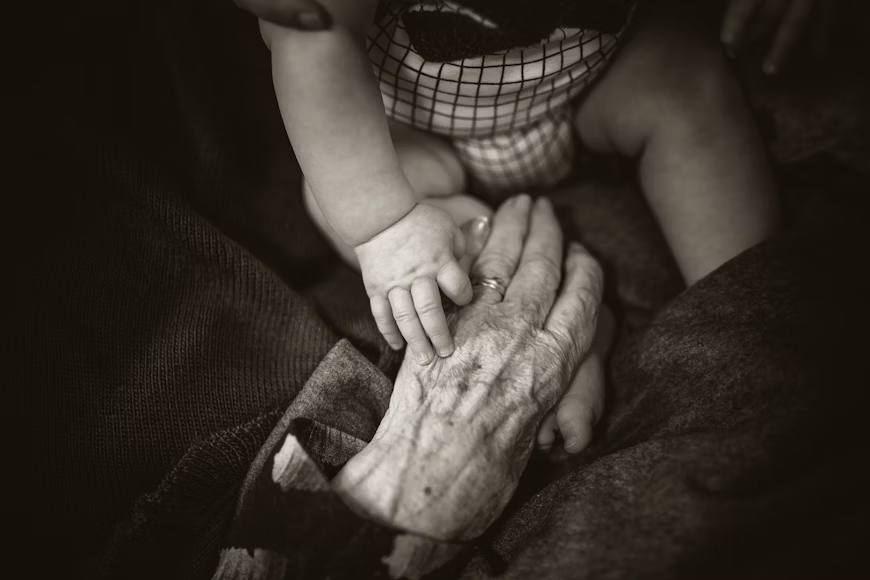
The skin’s biology changes over time, and these shifts lead to changes in the body’s odor. After age 40, hormone levels decrease, and antioxidant production slows. As a result, the skin is more vulnerable to oxidation. This oxidation breaks down natural oils, which creates 2-nonenal. At the same time, skin turnover slows and hydration drops, further contributing to the scent. These changes are natural and occur in nearly everyone. Rather than being a hygiene issue, this scent is a signal of the skin’s aging process and internal biochemical shifts.
Read More: Could Your Daily Coffee Boost Healthy Aging? New Research Says Yes
Where Does the Smell Come From?
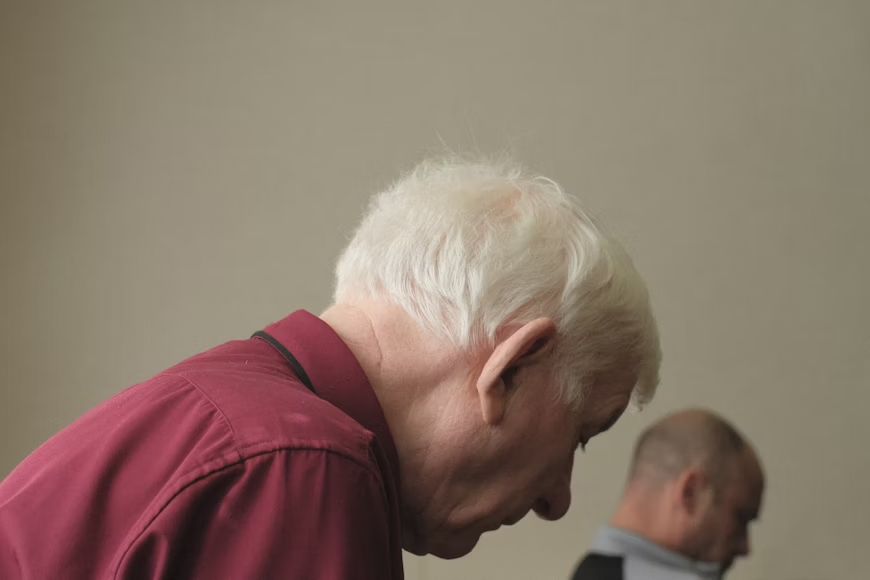
The smell often appears behind the ears, on the neck, and under the arms, areas with active sebaceous glands. These glands produce the oils that break down into 2-nonenal, the chemical behind old people smell. Unlike typical body odor from sweat, this scent doesn’t respond well to deodorants or soap. That’s because 2-nonenal clings to skin and clothing. Even if someone bathes regularly, the scent can still persist. Knowing where it originates helps you manage it with targeted washing, proper skincare, and internal solutions like dietary changes.
Can You Wash It Away?
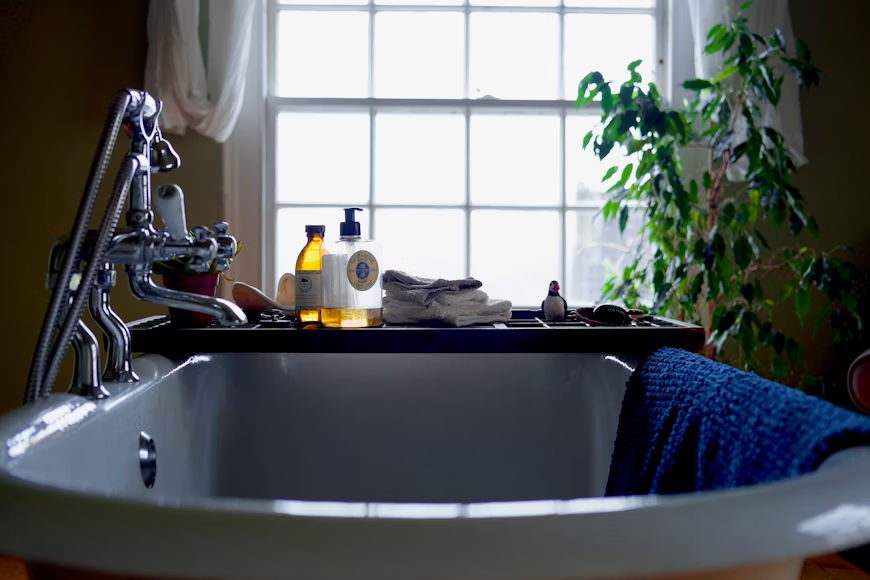
Standard soaps and antibacterial washes often don’t remove 2-nonenal effectively. That’s why old people smell can be so difficult to control. This compound bonds tightly with the skin’s surface and even embeds into fabrics. Specialized soaps for mature skin are more effective. These often contain ingredients that neutralize 2-nonenal directly. Regular laundry, especially for clothes and pillowcases, also helps reduce buildup. Still, if you want a long-term solution, addressing the issue from within, starting with what you eat, can be even more effective.
Read More: How 13 Key Proteins Impact Brain Aging at Specific Ages
The Superfood Star
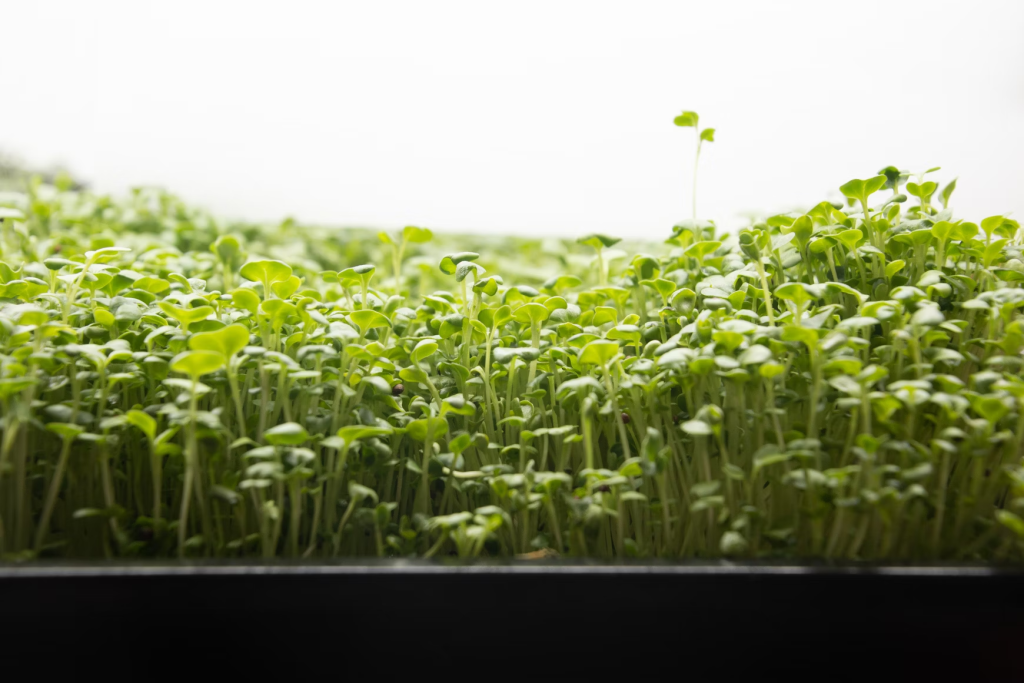
Enter broccoli sprouts, a simple yet powerful food packed with sulforaphane, a detox-friendly antioxidant. This compound helps the body break down harmful substances before they show up on the skin. Sulforaphane also fights the oxidation that causes old people smell. Just a small handful of broccoli sprouts each day can make a difference. These tiny greens are easy to find in grocery stores or grow at home. Best of all, their benefits go beyond scent, they support the skin, liver, and even immune health with regular use.
How Sulforaphane Fights Odor
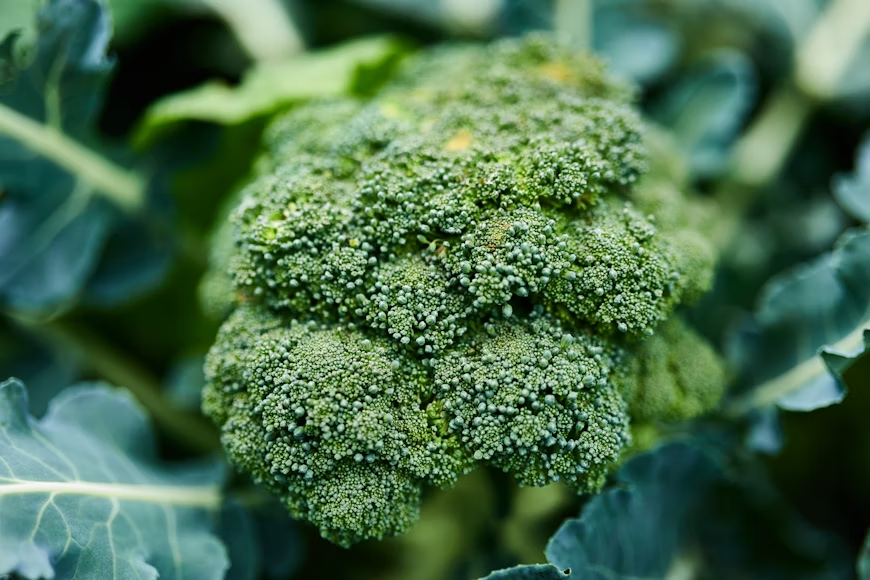
Sulforaphane boosts enzymes that detoxify the body’s systems, especially in the liver and skin. This helps stop the formation of 2-nonenal. By fighting oxidative stress, sulforaphane interrupts the chain reaction that leads to unwanted odors. It also helps reduce inflammation and supports healthier, more resilient skin. Many studies point to its broader anti-aging benefits. So, adding this compound to your diet could improve more than just your scent, it can help you feel better from the inside out. If you prefer broccoli over the sprouts, that is an option as well. However, broccoli, especially raw broccoli, can be difficult to digest. For this reasons some prefer it lightly steamed, which helps to improve easy of digestion and retain nutrients.
Read More: 3 Morning Supplements That May Help to ‘Slow Down’ Aging And ‘Promote Longevity
How to Add Broccoli Sprouts to Your Diet
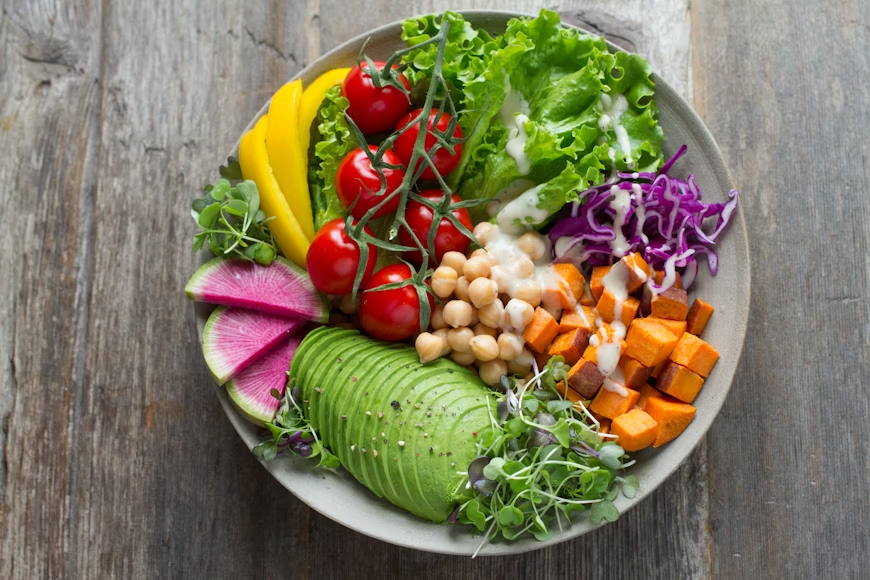
Incorporating broccoli sprouts into your meals is easy. Add them to sandwiches, salads, wraps, or smoothies. They have a peppery flavor that blends well with many dishes. If you don’t enjoy the taste, try blending them into soups or juices. Just a few tablespoons a day can help reduce oxidative stress and old people smell. Growing your own sprouts at home is another budget-friendly option. A small jar, some seeds, and a little water are all you need to start your fresh-smelling journey.
Other Ways to Reduce Age-Related Odor
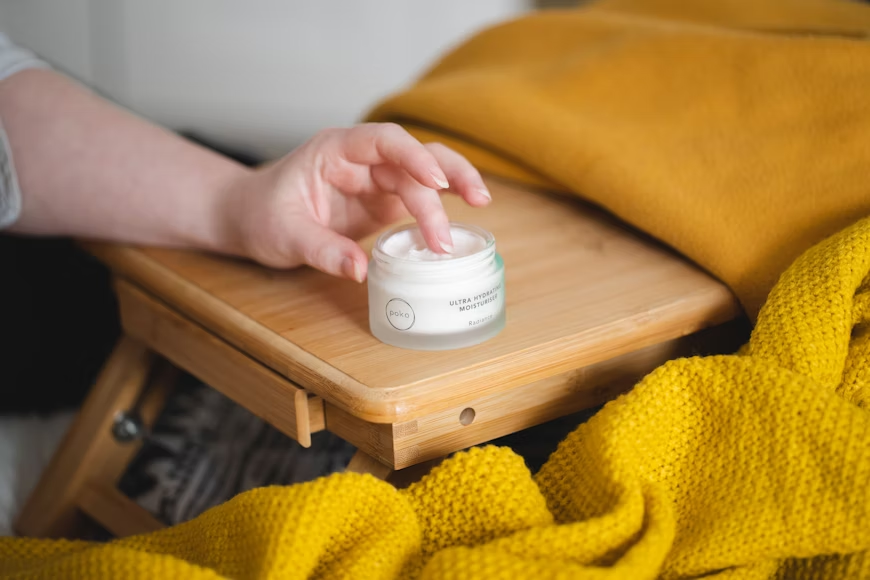
While diet plays a big role, good hygiene habits also matter. Use cleansers designed for mature skin, especially those that target 2-nonenal. Moisturize daily to support skin health and hydration. Wear breathable fabrics and wash your clothes often. Bedding should be cleaned regularly to prevent oil buildup. Drink plenty of water and eat antioxidant-rich foods to help your body function at its best. These habits, along with broccoli sprouts, can create a well-rounded routine to minimize old people smell naturally and effectively.
Embracing Aging, Smell-Free
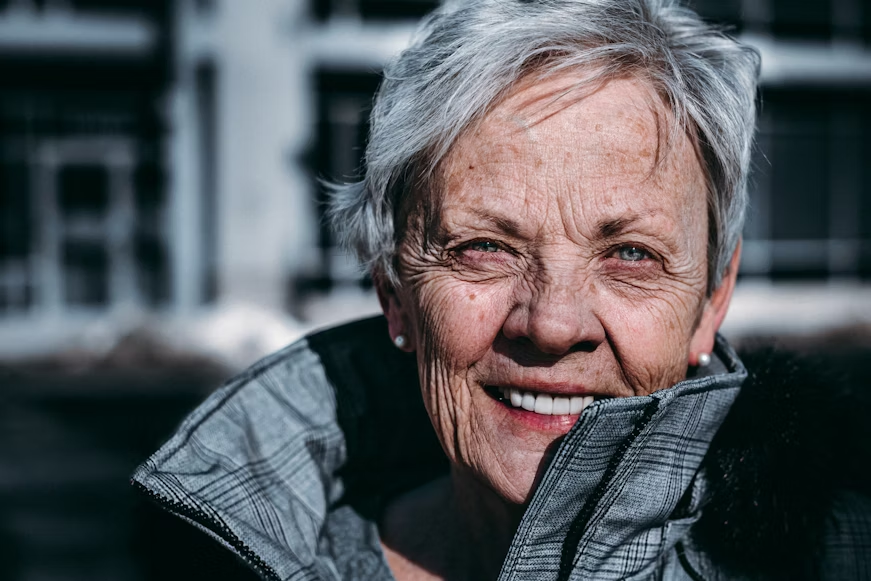
Aging is a beautiful, natural process, but that doesn’t mean you have to accept every side effect. Old people smell might be common, but it’s also manageable. Understanding its cause gives you the power to address it. Broccoli sprouts offer a science-backed way to freshen up from the inside out. Combined with smart hygiene and diet habits, this little superfood can make a noticeable difference. So go ahead, embrace your age, take control of your scent, and feel great doing it.
Disclaimer: This information is not intended to be a substitute for professional medical advice, diagnosis or treatment and is for information only. Always seek the advice of your physician or another qualified health provider with any questions about your medical condition and/or current medication. Do not disregard professional medical advice or delay seeking advice or treatment because of something you have read here.
Read More: Daytime Naps May Slow Brain Aging by Over Six Years, Study Finds
